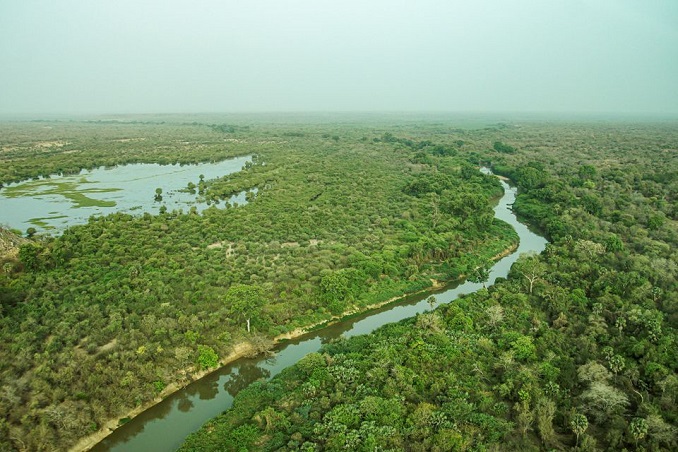Last updated on April 27th, 2022 at 06:18 am
Park rangers snapped into action when they spotted a dozen suspected Islamist militants from a neighbouring country riding motorcycles through the W National Park in northern Benin.
The park director and senior ranger officers sent anti-poaching units to chase the men, who eventually fled into Nigeria.
They also directed Benin’s police and army to position their forces and deployed an aeroplane and helicopter as part of a broader operation to isolate and “neutralise” the target.
It was prepared by the anti-poaching force to check the response and make recommendations for future collaborations among rangers, police, and the army, including creating a “rapid commando unit capable of responding to threats and especially those linked to terrorism.”
The previously reported account of the 36-hour chase was in June 2020, offering a rare glimpse into how conservation group African Parks has gone beyond protecting flora and fauna and engaged in chasing Islamist insurgents in West Africa.
The blurring lines between conservation and conflict have raised concern among some experts, who say it could make governments lean on rangers to support their armies and undermine security by making rangers an easy target for jihadists.
“The fight against terrorism is special. This is not the rangers’ fight only,”
Related Posts
said the president of Wildlife Angel – a French non-profit that trained park rangers in Niger and Burkina Faso until 2019.
Regional powers have struggled to control militant violence, and former colonial power France, angered by slow progress and facing hostility to its presence, said it is cutting its 5,000-strong counter-terrorism force by half in the region.
Financed by the EU and private foundations, African Parks is not paid for its services, although Benin and Rwanda’s governments have ensured funding to their parks.
The group trains and equips rangers who sometimes find themselves against militiamen, heavily-armed militants, and poachers.

